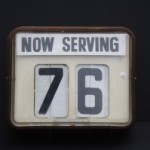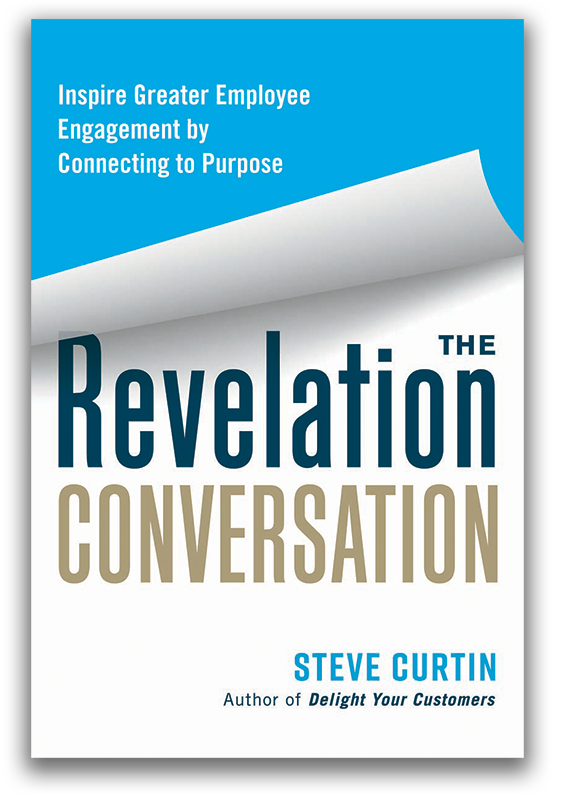 Earlier this month during a presentation, a participant posed the following question:
Earlier this month during a presentation, a participant posed the following question:
“What difference does it make if one customer leaves dissatisfied when there’s a line of customers waiting to take his place?”
Having worked in high-volume environments in New York City and Orlando, I’ve detected this sentiment—if not heard this same question—from frontline employees who took for granted that there would always be a line of customers waiting to hand over their money.
Some employees are fortunate to work in bustling environments where demand is strong and customer volume is high. Such operations often charge price premiums and realize solid profits.
Consider the hostess at a swank downtown restaurant requiring reservations. The entrance is standing room only and there’s a month-long wait to secure a table for dinner. And imagine the movie theatre employee working behind the concession counter, staring out at a sea of anonymous customers in the minutes leading up to the start of the latest blockbuster.
Because their products or services are in demand and profitable, employees in these establishments may rationalize that if they lose a dissatisfied customer, they will make up for the lost revenue on the next customer (or 10 customers) in line.
This rationale is flawed, fuels arrogance, and produces attitudes of indifference toward customers and entitlement to their spending.
What these employees fail to recognize is that, regardless of demand, individual customers are irreplaceable.
I first read this notion in the outstanding book, Exceptional Service Exceptional Profit by Leonardo Inghilleri and Micah Solomon
Conventional thinking about customer retention is that customers are replaceable. That is, when one customer leaves, another customer will take his place.
But the authors are not talking about the anonymous masses. They are talking about the dismissed couple who was admonished by the condescending hostess because they lacked the foresight to reserve a table in advance at such a popular restaurant. And they are talking about the frustrated moviegoer who, after waiting a full five minutes in a line that failed to move, chose to skip the buttered popcorn and Coke so he didn’t miss the dramatic opening scene.
If the dismissed couple and the frustrated moviegoer are not satisfied with their experiences, they may choose to defect to other providers in search of more flexibility, responsiveness, respect, efficiency, or a number of other factors. And because a majority of customers do not complain—you may never know that they left or why they left.
And here’s the scary part: The admonished couple and the anonymous moviegoer are irreplaceable.
When they decide to quit doing business with you, they mean it. So, even if you attract a new customer’s spending, you won’t receive another nickel from these three individual customers ever again.
Recognize that when an individual customer defects, he or she is irreplaceable. And his or her lifetime contribution to your business—including future spending, feedback, and referrals—cannot be replaced. Never. Ever. Forever. And forever’s a long time.
How would you respond to the opening question?

